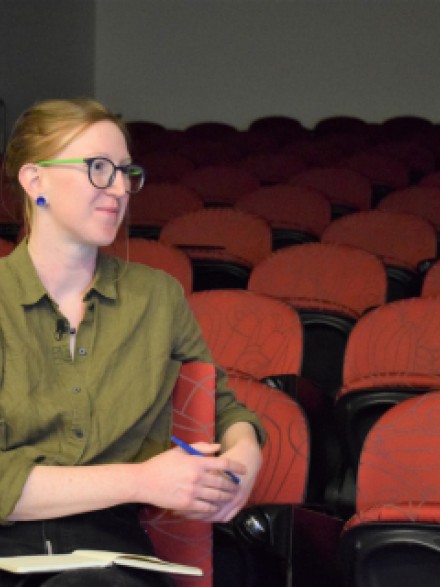Associate Professor Bec Colvin

Contacts
Bec Colvin is a social scientist with the Resources, Environment & Development Group at the ANU Crawford School of Public Policy. Bec researches the social and political dimensions of contentious issues associated with climate policy and energy transition. Her research is focused on understanding the complexity of how different people and groups engage with social, policy, and political conflict about climate and energy issues, particularly through the theoretical lens of the social identity approach. She has explored conflict about wind energy, coal seam gas, coal, and climate policy and energy transition more broadly, in settings ranging from the public sphere through to local communities. She has a particular interest in how regional communities grapple with change to their local energy related infrastructure and industries.
Bec is lead investigator on a 2022-2025 Australian Research Council funded Discovery Project that seeks to understand the influence of ‘unconventional advocates’ – like farmers, business people, and political conservatives – on public opinion about climate policy, and holds a 2023-2026 Australian Research Council Discovery Early Career Researcher Award that aims to identify ways to establish constructive and community-led dialogue on regional futures in coal-producing areas.
At the Crawford School of Public Policy, Bec teaches courses on the role and practice of communication in climate and environmental policy. She was formerly Co-Convener of the Master of Climate Change and Convenor of the Graduate Certificate of Climate Policy. Bec is on the editorial board of leading journal Environmental Research Letters, and is a regular contributor to the media on issues to do with climate and energy.
Research interests
- Social & political conflict about climate and environmental issues.
- Interactions between identity, values, and ideology, in shaping attitudes toward climate and environmental issues.
- Social experiences of energy transition & development, with a focus on wind, coal, and unconventional gas.
- Effective communication on climate change and environmental issues.
- Community and stakeholder engagement process dynamics.
Groups
- Researcher, Climate economics and policy
- Researcher, Psychology, communication and the arts
- Researcher, Energy economics and policy







